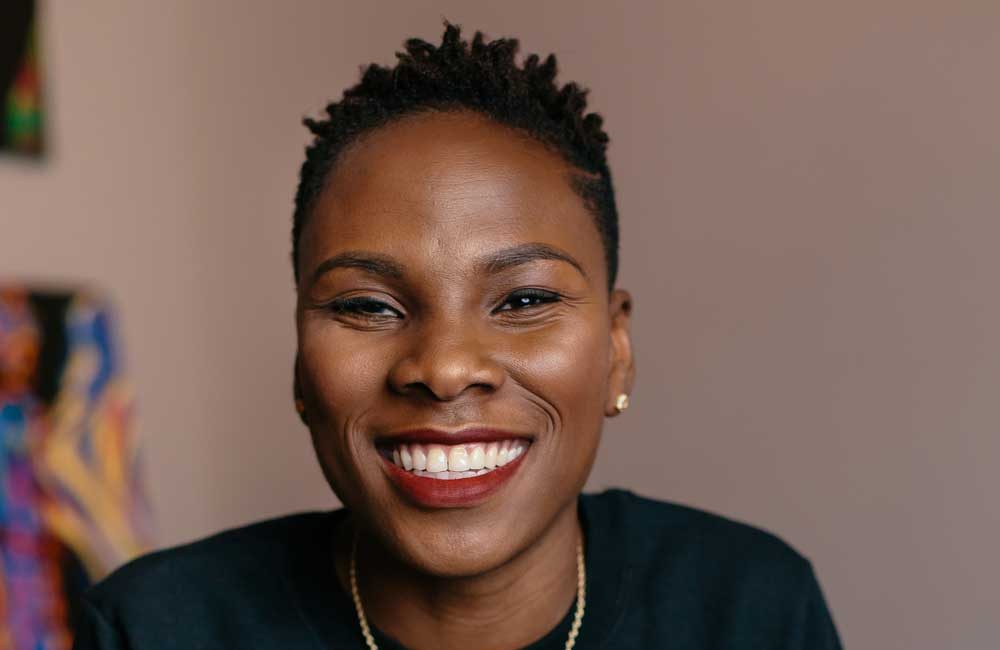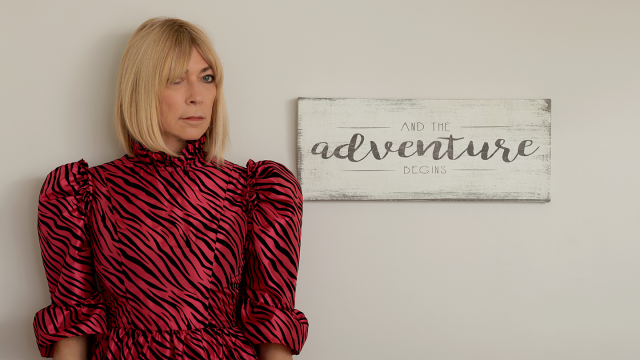In Workplaces and Workspaces, Women Change the Dynamics
The technology industry has a record of being unwelcoming and even harmful to women. Accusations of sexual harassment and pay gaps, especially for women of color, have plagued companies, with Google and Uber especially coming under recent scrutiny.
“I believe that tech has a long way to go because the racism, the misogyny, the old boy’s club—” says Luvvie Ajayi, a New York Times best-selling author and digital strategist. “Even though it’s a very young industry in that we have 25-year-olds running billion dollar companies, I would expect more, because they’re supposed to be the generation that knows better, but we’re not seeing that.”
So how do women advance when their very workspace can be a major hindrance? For some, the answer can be in founding and running their own companies. Whitney Wolfe started the dating app Bumble after she left Tinder after filing a sexual harassment lawsuit against the company. Bumble operates on a similar “swipe yes or no to match and talk” mechanics as Tinder, but with a catch that some might call feminist: for opposite-sex matches, women have to send the first message.






